Slugs and the compost pile
sequi
14 years ago
Related Stories

GARDENING GUIDESGet on a Composting Kick (Hello, Free Fertilizer!)
Quit shelling out for pricey substitutes that aren’t even as good. Here’s how to give your soil the best while lightening your trash load
Full Story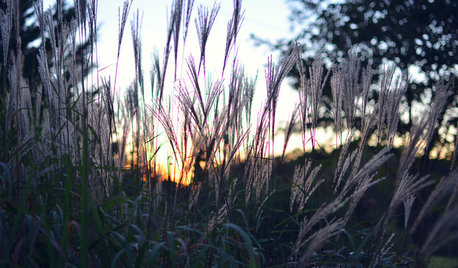
GARDENING GUIDESMid-Atlantic Gardener's November Checklist
Winding down for winter means prepping, potting, piling and picking an indoor solution for daily compost
Full Story0
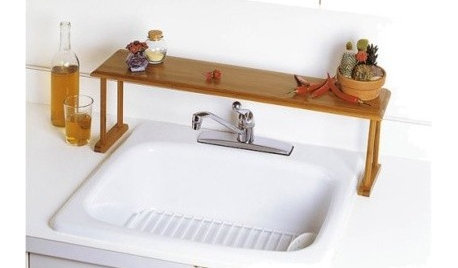
KITCHEN DESIGNGuest Picks: Organizing Your Kitchen for the New Year
Resolve to find a place for plastic bags, compost and piles of dishes to declutter your kitchen
Full Story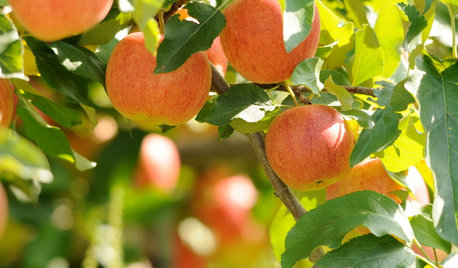
NORTHWEST GARDENINGPacific Northwest Gardener's March Checklist
Prepare for edible harvests and invite feathered friends to the garden — offering them slugs for lunch is entirely up to you
Full Story
GARDENING GUIDESHouzz TV: Make a Worm Bin for Rich Soil and Happy Plants
A worm-powered compost bin that can fit under a sink turns food scraps into a powerful amendment for your garden. Here’s how to make one
Full Story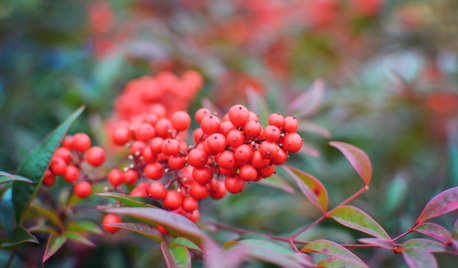
GARDENING GUIDESMid-Atlantic Gardener's January Checklist
Scatter berries while ye may, be kind to your fair-feathered friends and try a time-saving compost trick that will keep you out of the cold
Full Story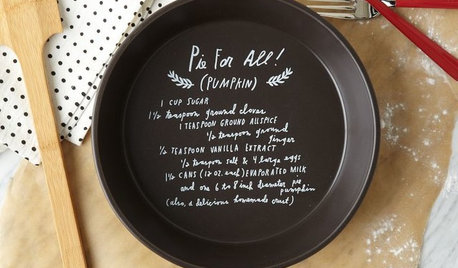
PRODUCT PICKSGuest Picks: Fall Entertaining Favorites
Make autumn feasts a piece of cake with chic compostable plates, pretty glasses, pie accessories and more
Full Story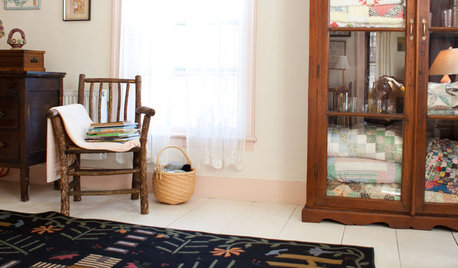
THE HARDWORKING HOMEClever Ways to Rethink the Linen Closet
The Hardworking Home: Get rid of those toppling piles with these ideas for organizing bedding, towels and more
Full Story
LIFE9 Ways to Unclutter Your Holiday
If piles of gift wrap, boxes and extra items are weighing you down, clear the way to enjoy a serene holiday with these decluttering tips
Full Story
FALL GARDENING5 Ways to Put Fall Leaves to Work in Your Garden
Improve your soil and yard the organic way with a valuable garden booster that grows on trees
Full Story





joepyeweed
dchall_san_antonio
Related Professionals
Saint Louis Park Landscape Architects & Landscape Designers · Americus Landscape Contractors · Bell Gardens Landscape Contractors · Berkley Landscape Contractors · Biloxi Landscape Contractors · Crystal Landscape Contractors · Fort Mill Landscape Contractors · Framingham Landscape Contractors · Reedley Landscape Contractors · San Bruno Landscape Contractors · West Palm Beach Landscape Contractors · Whittier Landscape Contractors · New Lenox Decks, Patios & Outdoor Enclosures · Overland Park Decks, Patios & Outdoor Enclosures · Quincy Decks, Patios & Outdoor Enclosurestsugajunkie z5 SE WI ♱
Kimmsr
sequiOriginal Author
tiffy_z5_6_can
ormewoodian
paulakparker
tantanman
njw3000_virginmedia_com
rckowal
joepyeweed
oliveoyl3
paulyn
Kimmsr
drmbear Cherry